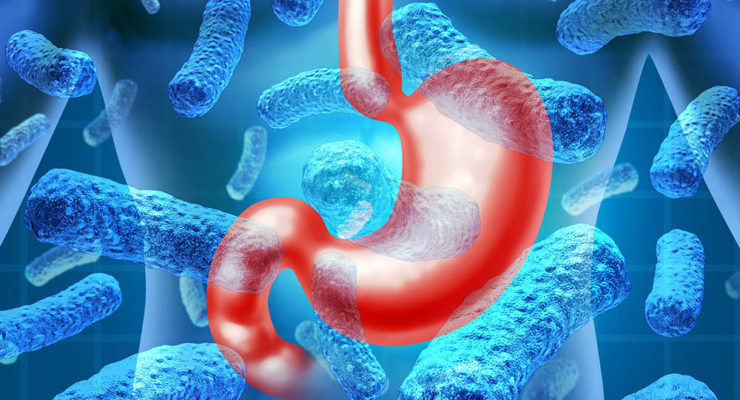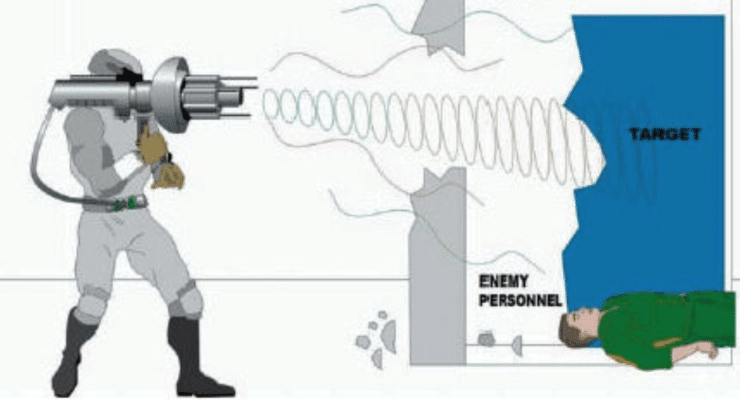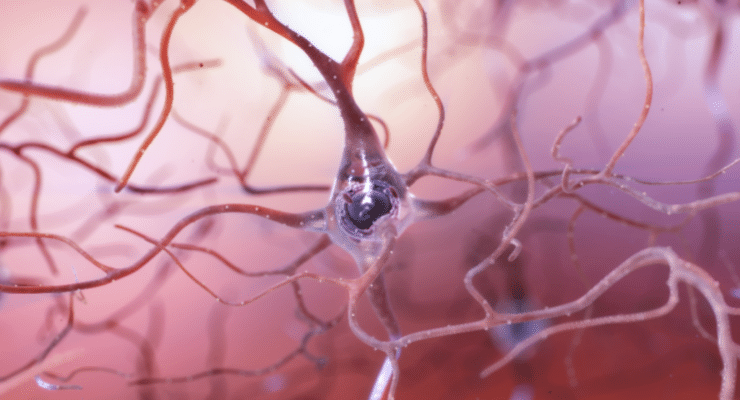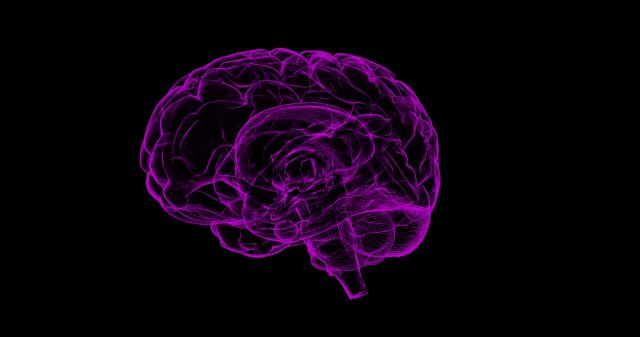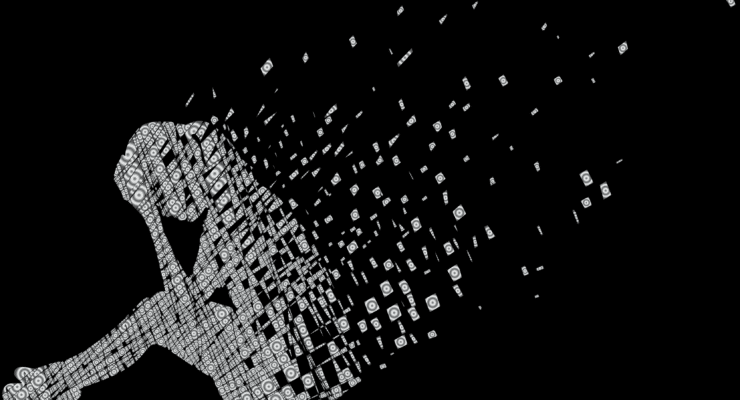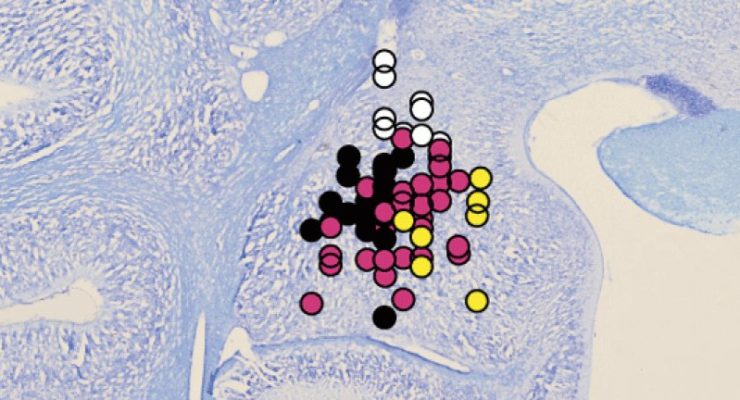(Science Daily) Gut microbes produce compounds that prime immune cells to destroy harmful viruses in the brain and nervous system, according to a mouse study.
science daily
Cuba Psionic Weapons Attack: Brain Scans Confirm 40 Victims Were Hit… by Something
(Science Daily) Advanced neuroimaging reveals key brain differences, particularly in the cerebellum, between impacted patients and healthy individuals, which may underlie clinical findings previously reported.
Study: Dancing Can Reverse the Signs of Aging in the Brain
(Science Daily) As we grow older we suffer a decline in mental and physical fitness, which can be made worse by conditions like Alzheimer’s disease. A new study, published in the open-access journal Frontiers in Human Neuroscience, shows that older people who routinely partake in physical exercise can reverse the signs of aging in the brain, and dancing has the most profound effect.
Humans Are Hardwired for Music: Our Brains Appear Uniquely Tuned for Musical Pitch
(Science Daily) In the eternal search for understanding what makes us human, scientists found that our brains are more sensitive to pitch, the harmonic sounds we hear when listening to music, than our evolutionary relative the macaque monkey. The study, funded in part by the National Institutes of Health, highlights the promise of Sound Health, a joint project between the NIH and the John F. Kennedy Center for the Performing Arts that aims to understand the role of music in health.
Mood Neurons Mature During Adolescence
(Science Daily) Researchers have discovered a mysterious group of neurons in the amygdala — a key center for emotional processing in the brain — that stay in an immature, prenatal developmental state throughout childhood. Most of these cells mature rapidly during adolescence, suggesting a key role in the brain’s emotional development, but some stay immature throughout life, suggesting new ideas about how the brain keeps its emotional responses flexible throughout life.
How the Internet May be Changing the Brain
(Science Daily) An international team of researchers has found the Internet can produce both acute and sustained alterations in specific areas of cognition, which may reflect changes in the brain, affecting our attentional capacities, memory processes, and social interactions.
Perseverance Toward Life Goals Can Fend Off Depression, Anxiety, Panic Disorders
(Science Daily) People who don’t give up on their goals (or who get better over time at not giving up on their goals) and who have a positive outlook appear to have less anxiety and depression and fewer panic attacks, according to a study of thousands of Americans over the course of 18 years. Surprisingly, […]
‘Mindreading’ Neurons Simulate Decisions of Social Partners
(Science Daily) Scientists have identified special types of brain cells that may allow us to simulate the decision-making processes of others, thereby reconstructing their state of mind and predicting their intentions. Dysfunction in these ‘simulation neurons’ may help explain difficulties with social interactions in conditions such as autism and social anxiety.
